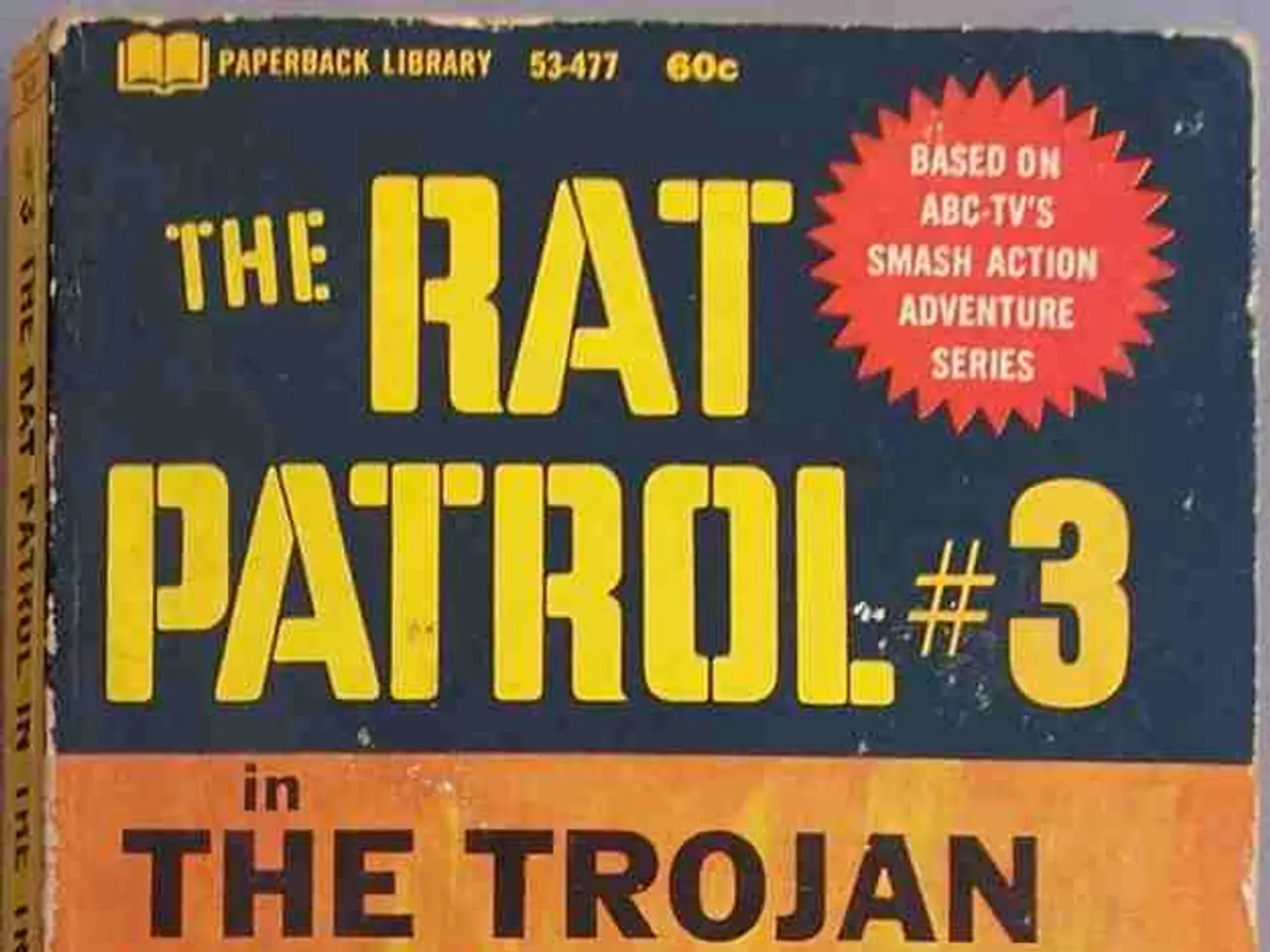Escalation of controversy as Hezbollah leader's comments provoke upset in Lebanon amidst intensifying stress
In the heart of the Middle East, Lebanon finds itself in a precarious position as the government and Hezbollah engage in a contentious standoff over the disarmament of the militant group. This dispute, fraught with political pressure, security concerns, and regional interests, threatens to escalate into a dangerous conflict.
The Lebanese government's decision to disarm Hezbollah is largely driven by external pressure, particularly from the U.S., Europe, and other Arab states like Saudi Arabia. These external actors view Hezbollah as a threat and see disarmament as a means to weaken the group, which Hezbollah perceives as an attempt to undermine its military capabilities, essential for defending Lebanon against Israel.
Hezbollah argues that disarmament would leave Lebanon vulnerable to Israeli aggression, highlighting the importance of its military presence for the country's defense. In contrast, the government and its international backers see disarmament as a path to state sovereignty, where the army would be the sole authority over weapons.
The internal political dynamics of Lebanon further complicate the situation. The government's decision is not based on internal consensus but rather on external diplomatic pressure, which Hezbollah and its supporters see as a threat to their political and military influence. This has created internal tensions and risks of civil conflict, as Hezbollah is a significant political force in Lebanon with a large social base.
Iran, Hezbollah's primary backer, has voiced opposition to disarmament, supporting Hezbollah's stance that it remains essential for regional security. Conversely, the plan to disarm Hezbollah also involves Israel ceasing military operations and withdrawing from certain positions in Lebanon, which could lead to a more stable regional environment if successful.
Recent statements from Hezbollah Secretary-General Sheikh Naim Qassem and Lebanese officials have escalated tensions. Qassem has threatened internal strife if the government attempts to confront or disarm Hezbollah, while Lebanese Justice Minister Adel Nassar has accused Qassem of contradicting himself and implementing an "American-Israeli order to eliminate the resistance."
Politicians from various factions have weighed in on the issue, with some condemning Qassem's threats and others questioning his honesty about disarmament. The Lebanese Cabinet's recent decision to task the military with confining weapons only to state security forces has outraged Hezbollah, further fuelling the dispute.
As the situation in Lebanon continues to unfold, the international community watches with bated breath, hoping for a peaceful resolution to this complex and volatile situation. The lives of the Lebanese people hang in the balance, and it is crucial that all parties strive for dialogue and understanding to avoid a potential conflict.
- The dispute over Hezbollah's disarmament in Lebanon, involving war-and-conflicts, politics, and general-news, is a matter of intense regional interest, with Iran voicing opposition to the plan.
- Crime-and-justice could rear its head if the Lebanese government and Hezbollah continue their contentious standoff, as threats of internal strife from Hezbollah Secretary-General Sheikh Naim Qassem indicate.
- Middle Eastern art may serve as a unique platform for promoting dialogue and understanding among the diverse political factions in Lebanon, reducing tension and fostering peace.
- Amidst the escalating news, opinions about the disarmament of Hezbollah vary widely, ranging from the Lebanese government's stance on state sovereignty to Hezbollah's view of the importance of its military presence for the country's defense, emphasizing both international and local perspectives on the issue.






